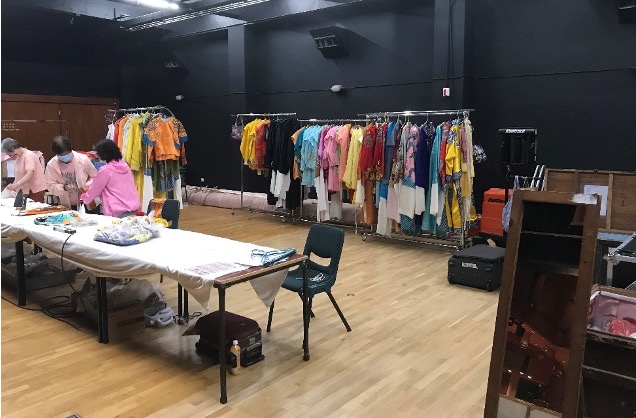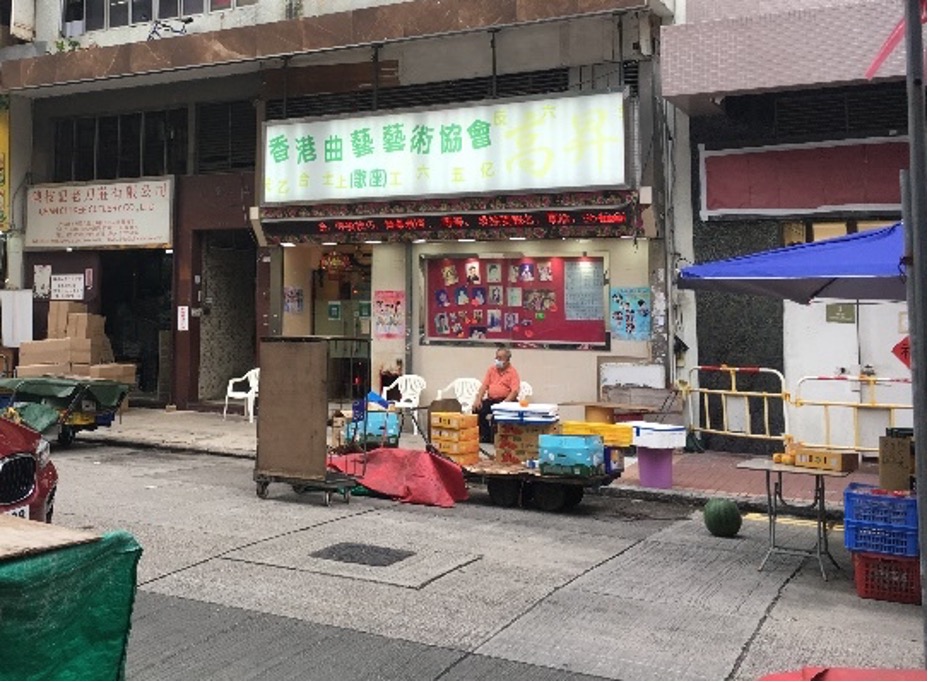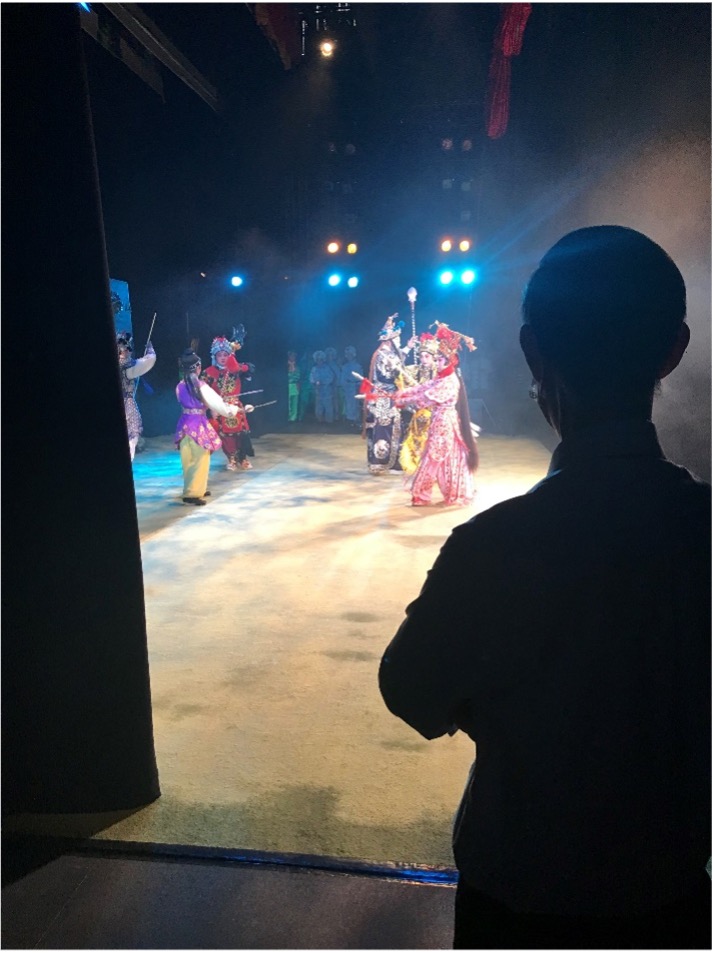Overview
Institution:  University of California, Los Angeles
University of California, Los Angeles
After the 1997 handover, Cantonese opera in Hong Kong has been reshaped by cultural and policy change. Between 2018 and 2023, I conducted an extended ethnographic study of Hong Kong’s Cantonese opera community, adapting my fieldwork design to COVID-19 disruptions and political shifts. Research combined in-person and virtual methods: participant observation in classrooms, rehearsals, backstage, and public performances; 100+ interviews and 10+ focus groups with professional and amateur practitioners, aficionados, educators, and cultural stakeholders; a brief demographic survey used only for descriptive profiling (to validate age trends); targeted musical transcription; and archival research at local museums, theatres, and private collections. I also employed virtual ethnography to document online performance and discourse during pandemic closures.


